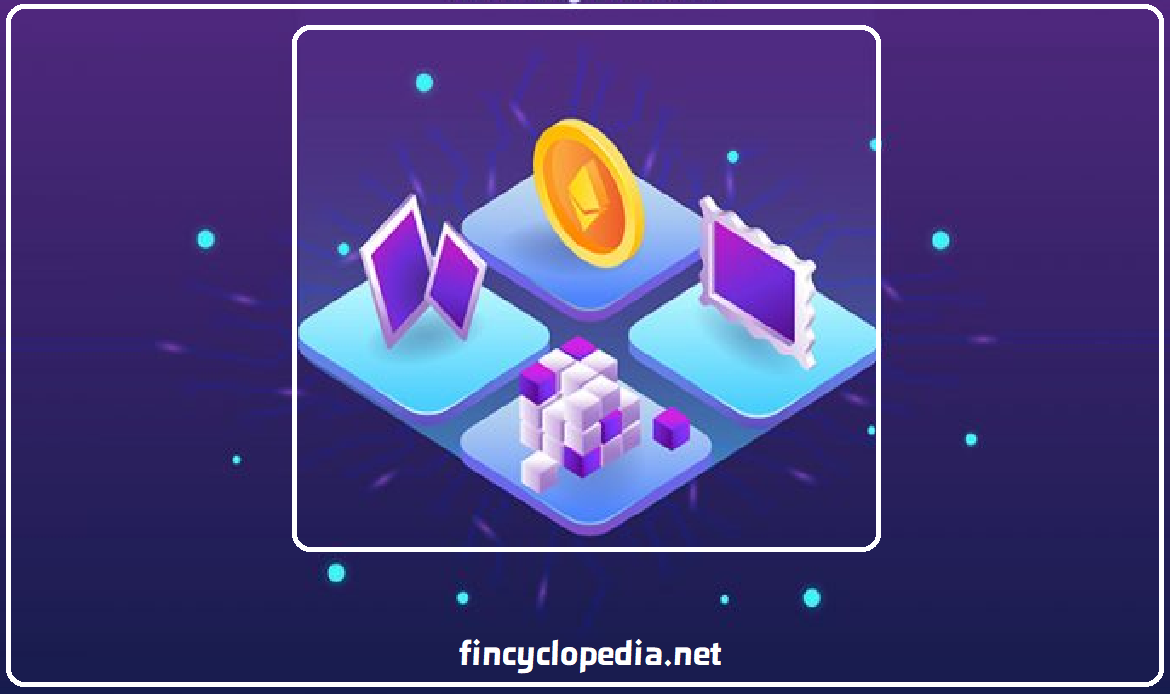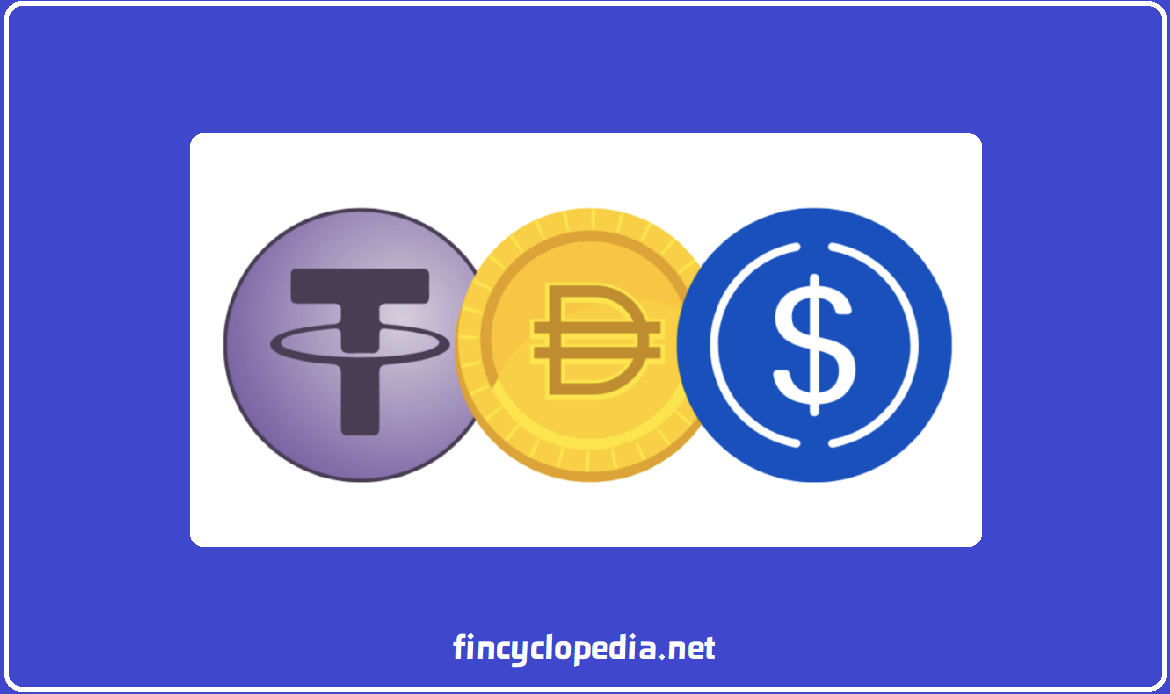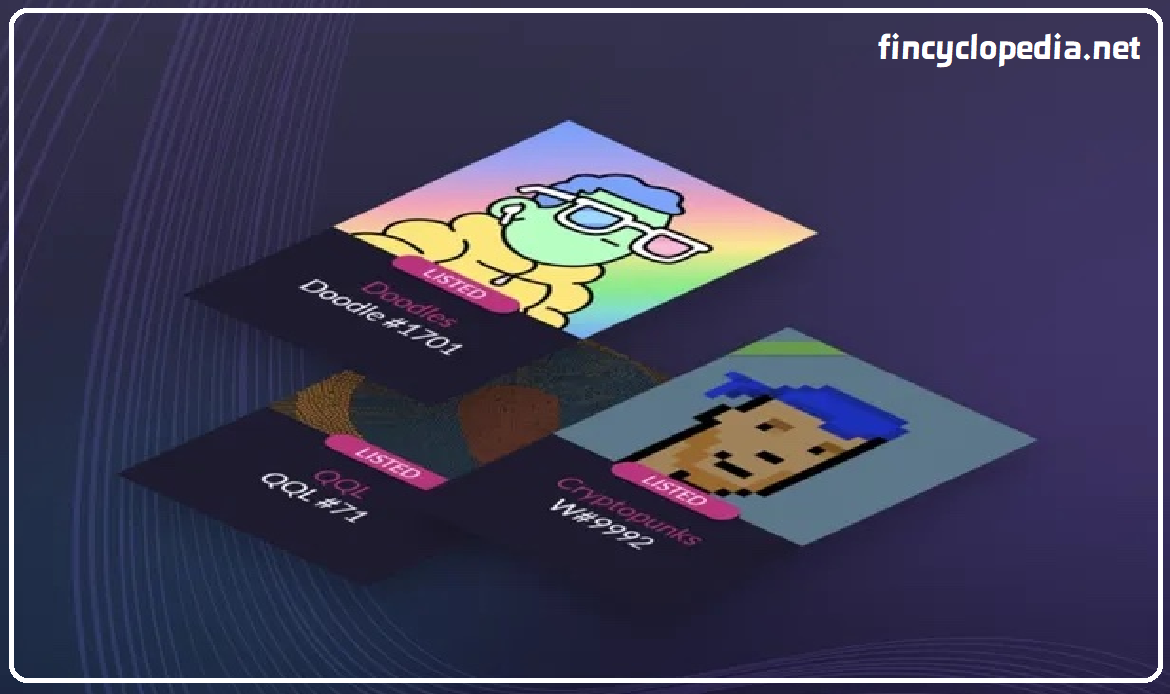
Concept
NTT (Native token transfer) is defined as an open framework that seamlessly facilitates the creation and transfer of multichain tokens/ non-native tokens/ non-native assets (the element of interoperability), while maintaining registers of ownership and contract upgradability across multiple networks (blockchains). NTTs enable projects to flexibly focus on the key issues of concern for operation: configurable security, adaptability, and a user-centric decentralized finance (DeFi) experience. As interoperability continues to re-define and improve the DeFi landscape, NTTs are expected to play a key role in establishing and furthering a robust, user-driven ecosystem.
Tokens can be transferred (rather than wrapped) across blockchains, using such a flexible, and composable framework. By eliminating the need for wrapping (e.g., wrapped assets), NTT can maintain each token’s native properties across different networks, while users and participants having full control over metadata, ownership, authority to upgrade, and other custom aspects. There are two basic modes of operation for deployment of existing (or already issued) tokens: 1) locking mode, where the original token supply is maintained on a single chain, and 2) burning mode, where tokens can be deployed on multiple chains (multichain tokens), and hence the token supply is spread over various chains.
Advantages
There are certain advantages associated with NTTs. Firstly, such transfers disassociate the transfer process from the underlying interoperability protocol, adding additional flexibility for users willing to introduce certain custom features, such as configuration of security measures and the ability to consider different interoperability options. Secondly, these transfers can potentially allow users to tap into the full potential of blockchain technology and other available protocols (DeFi protocols) for better operations. Asset wrapping as one solution to operability on non-native chains has certain limitations. NTTs enable users, while developing different projects to focus on essential aspects of the work: configurable security, adaptability, and a user-centric DeFi deployment. With NTT properly deployed, tokens can operate as native tokens on every chain. It allows all token properties and metadata to be consistent, and hence the setbacks associated with wrapped tokens can be eliminated.
Concept
NTT (Native token transfers) are defined as an open framework that seamlessly facilitates the creation and transfer of multichain tokens/ non-native tokens/ non-native assets (the element of interoperability), while maintaining registers of ownership and contract upgradability across multiple networks (blockchains). NTTs enable projects to flexibly focus on the key issues of concern for operation: configurable security, adaptability, and a user-centric decentralized finance (DeFi) experience. As interoperability continues to re-define and improve the DeFi landscape, NTTs are expected to play a key role in establishing and furthering a robust, user-driven ecosystem.
Tokens can be transferred (rather than wrapped) across blockchains, using such a flexible, and composable framework. By eliminating the need for wrapping (e.g., wrapped assets), NTT can maintain each token’s native properties across different networks, while users and participants having full control over metadata, ownership, authority to upgrade, and other custom aspects. There are two basic modes of operation for deployment of existing (or already issued) tokens: 1) locking mode, where the original token supply is maintained on a single chain, and 2) burning mode, where tokens can be deployed on multiple chains (multichain tokens), and hence the token supply is spread over various chains.
Advantages
There are certain advantages associated with NTTs. Firstly, such transfers disassociate the transfer process from the underlying interoperability protocol, adding additional flexibility for users willing to introduce certain custom features, such as configuration of security measures and the ability to consider different interoperability options. Secondly, these transfers can potentially allow users to tap into the full potential of blockchain technology and other available protocols (DeFi protocols) for better operations. Asset wrapping as one solution to operability on non-native chains has certain limitations. NTTs enable users, while developing different projects to focus on essential aspects of the work: configurable security, adaptability, and a user-centric DeFi deployment. With NTT properly deployed, tokens can operate as native tokens on every chain. It allows all token properties and metadata to be consistent, and hence the setbacks associated with wrapped tokens can be eliminated.





